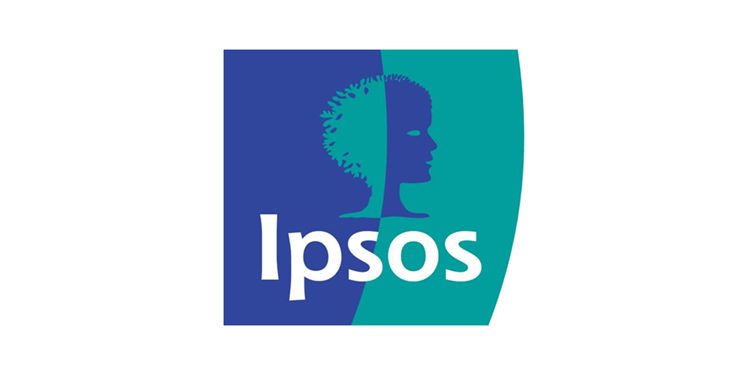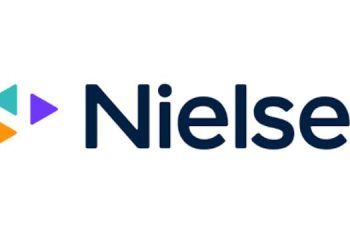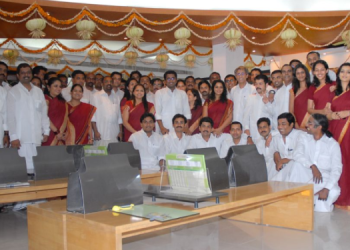New Delhi: Should the government be allowed to shut down social media platforms? Ipsos carried out a global survey to capture views of citizens across 28 markets. While the views differed by markets, Indians were seen to be favouring the blanket ban on social media the most (across all markets polled), in the event of a crisis, as a preventive measure, for avoiding misuse for spreading misinformation. Likewise, during a terror strike.But 6 in 10 also feel ban cuts out access to news and information.
Social media ban during crisis/ terror strike
88% Indians (highest globally) said that they favor temporary cutting off of social media platforms in case of crisis for preventing spread of false information. Some of the other markets that strongly favor the temporary ban are Malaysia (75%), Saudi Arabia (73%), China (72%), Great Britain (69%), among others. Interestingly, most market favor a temporary ban as a preventive measure. Markets at the bottom of the heap, that seemed to least favor the ban were Argentina (47%), Serbia (49%) and Japan (50%).
Further, 85% Indians (highest globally) said they would support a temporary social media ban during a terror strike, to stymie flow of fakenews. Other markets that agreed most were, Saudi Arabia (77%), Malaysia (76%), Australia (67%), Great Britain (66%), among others.

‘‘In the event of a national emergency, it makes sense to get a grip on situation, by taking precautionary measures. Social Media can fan trouble and can worsen the situation, with all the unfettered conversations, taking place on these platforms. Cutting it out, until the situation normalizes is a wise decision,” says Parijat Chakraborty, Country Service Line Leader, Ipsos Public Affairs, Corporate Reputation & Customer Experience, India.
Social media ban – huge trust in govt.
At least 80% per cent Indians (highest globally) have reposed faith in the govt, in its decision to shut down social media during crisis, they feel, govt knows it best. Some of the other markets that trust their govts in their social media ban decision are: Saudi Arabia (75%), Malaysia (74%), Australia (60%), Russia (58%), among others.
Social media companies are expected to be responsible
At least 61 per cent Indians trust social media companies to share factually correct content on their social media platforms, during the times of crisis. Some of the markets that trust social media platforms in their content are Russia (84%), Peru (66%), China (64%), Saudi Arabia (59%), among others. Great Britain (28%) and Canada (32%), were least trusting of social media platforms with the content shared during crisis.
“There is no ombudsman or watchdog to validate the efficacy of news on social platforms. Ergo, no control on filtering fake news,” feels Chakraborty.
Temporary social media ban unacceptable, as it is the primary source of information
At least 61% Indians resist a social media ban during crisis, as they say social media is their primary source of news and information.
Some of the other markets that give a thumbs down to social media ban during crisis are Peru (74%), Turkey (74%), Mexico (71%), China (70%) etc.
India is placed 15th in the pecking order.
“We’ve seen most Indians favouring a ban during crisis and here at least 6 in 10 do not want a ban on social media. So, what is the solution? Social media ban should be restricted to strife affected zones only, to forestall spread of fake news. And people should look at govt sources of information – radio, TV – for authentic news,” Chakraborty added.
Netizens capable of filtering wheat from chaff?
Interestingly, 6 in 10 Indians (60%) feel that most people are capable of separating fact from fiction, so theydo not support a temporary social media ban for stopping flow of fake news. Some of the other markets that hold this view are: China (71%), Peru (68%), Turkey (66%), Russia (64%), Saudi Arabia (64%), Mexico (63%) etc.
Markets that disagree the most? Japan (41%), France (43%) and Canada (44%), among others.
“Claims vs reality shows a disconnect – we have seen situations spinning out of control, during a crisis, as hate messages and misinformation have posed great law and order problems,” added Chakraborty.
Are social platforms the best and most accurate form of news?
57% Indians agree – India is placed 4th in the pecking order. The other markets that agree most are Saudi Arabia (69%), Peru (68%), Turkey (58%), among others.
And markets that seemed to disagree most were, Great Britain (27%), US (30%), South Korea (32%), Canada (32%) etc.
“Despite the fact that most of the news floating on social media platforms is biased and doctored, it is worrying that more than half of the common people believe that those are the best and most accurate form of news,” commented, Chakraborty.
There are ways around social media bans
Most citizens across all markets see futility of social media bans as there are ways around it
At least 72% Indians hold this view. Some of the markets where the view is more pronounced are: Turkey (81%), Poland (80%), Argentina (78%), Peru (78%), Russia (78%) etc.
“While people might hold this view, social media bans are fool proof; otherwise, it would defeat the purpose,” reasons Chakraborty.
These are the findings of the Global Advisor Wave 128,an Ipsos survey conducted between May 24th and June 7th, 2019.

















